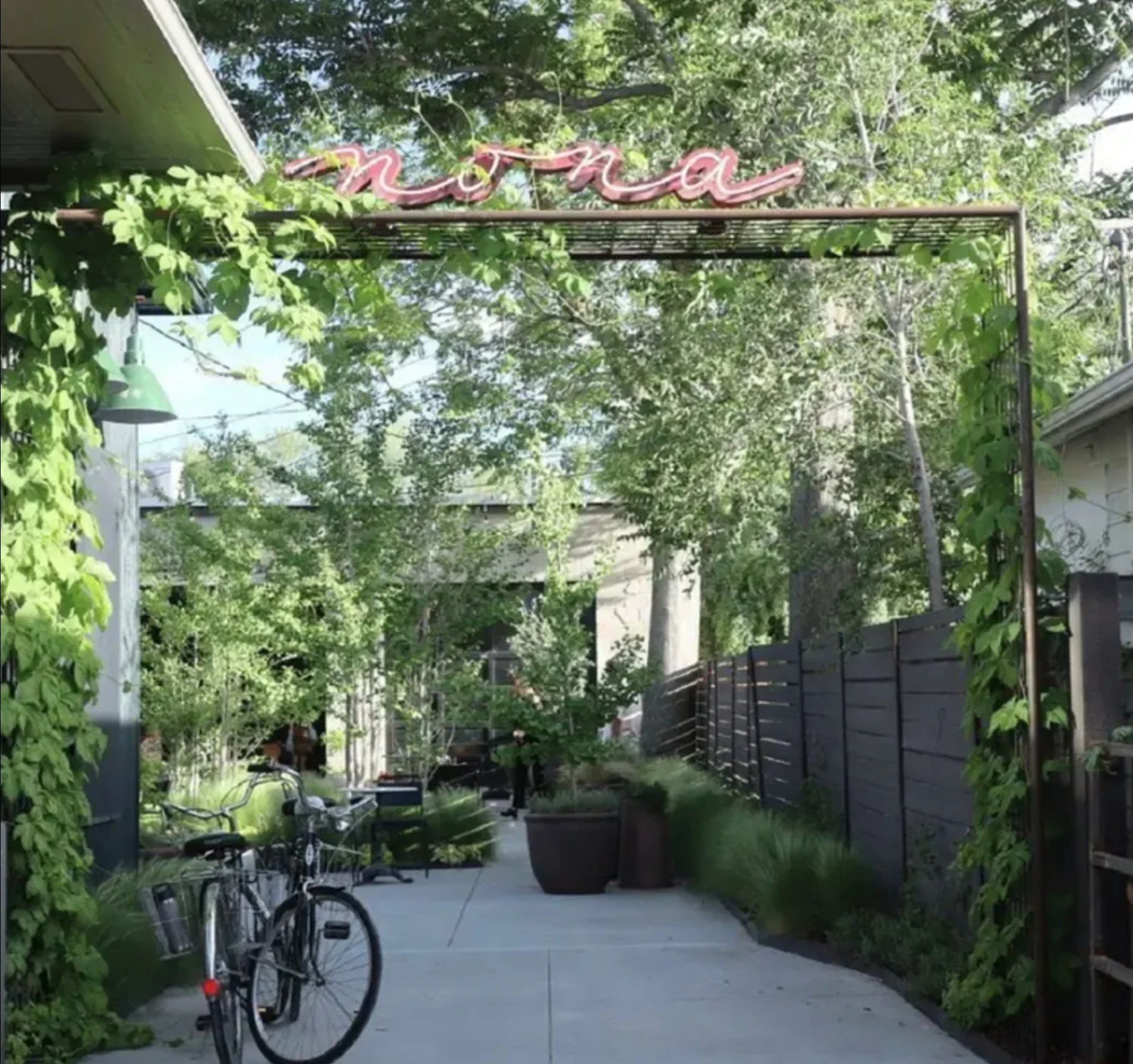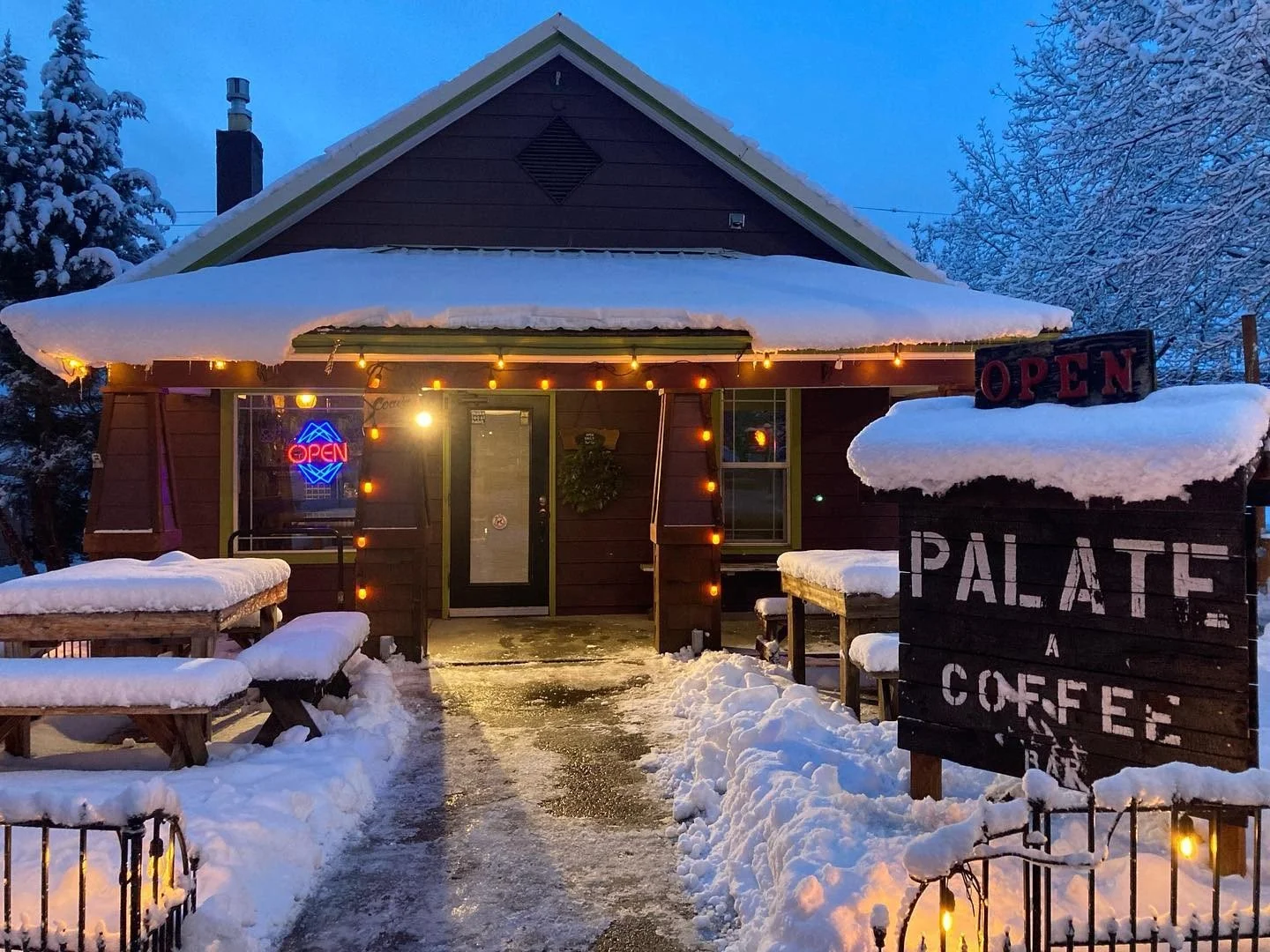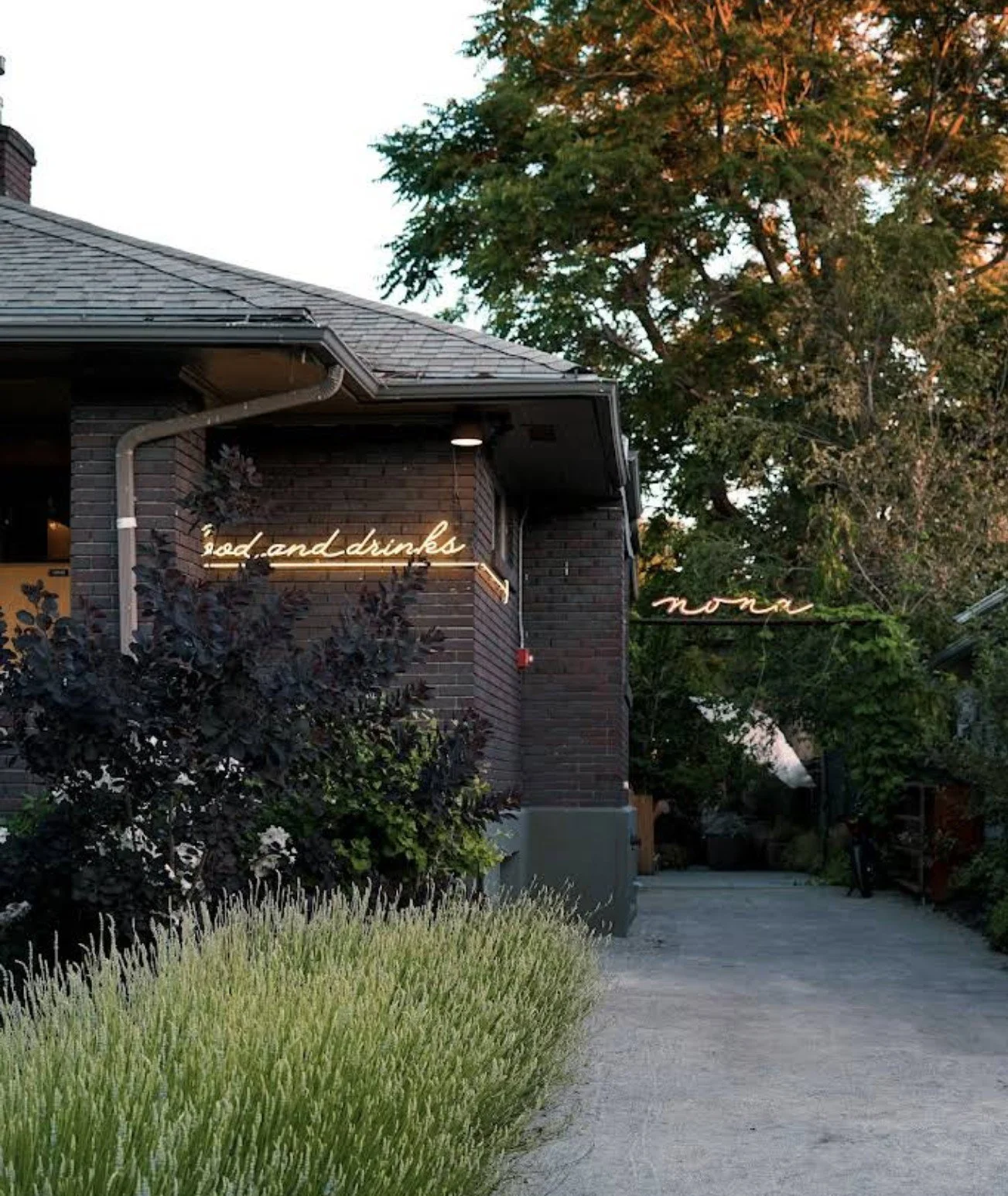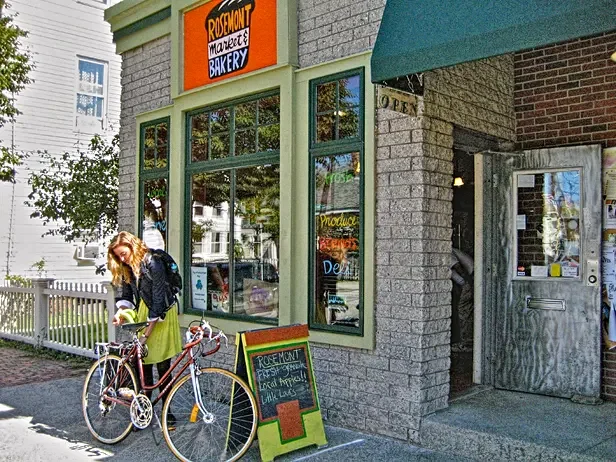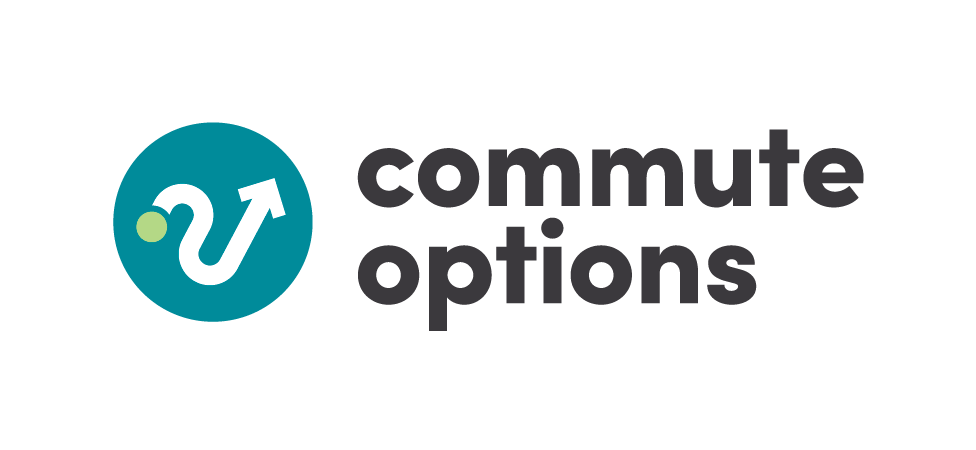Why Bend Needs
Neighborhood Commercial
When we say “neighborhood commercial,” we mean small businesses carefully interwoven into existing neighborhoods.
Think cafes, clinics, and produce markets. Think Jackson’s Corner, Active Culture, and Bruno’s 6th Street Market. Think about places that invite local residents to stroll the neighborhood, interact with their neighbors, and support local entrepreneurs and tradespeople.
Neighborood commerical brings a number of benefits, and with some minor, yet important changes to the Bend’s existing code, we can support the creation of more mixed-use, walkable neighborhoods throughout the city.
It’s an incremental, grassroots approach with the potential to help us out as we pursue big picture goals for climate-friendly communities.
Main Types of Neighborhood Commercial
Community Benefits of Neighborhood Commercial
-
Local businesses build community and a sense of belonging by providing small neighborhood gathering places. Critically, this also supports public mental health through social connection.
-
Bend’s existing neighborhood commercial businesses are cherished by nearby residents. The Climate Friendly Areas Study found that residents are supportive of walkable, connected neighborhoods with a mix of commercial and housing, and that additional mixed-use opportunities, including more commercial uses in residential districts, should be explored
-
Neighborhood commercial reduces vehicle trips by providing resources and amenities closer to home that nearby residents can easily walk or bike to.
-
Neighborhood commercial provides “missing middle commercial” opportunities for businesses that are above the scale of a home-based business, but can’t afford to rent a large commercial property.
Neighborhood commercial businesses also create more jobs in more areas of the city, providing the possibility of more walkable, bikeable commutes.
-
With more resources in neighborhoods, people of every age, wage, and ability can meet more of their everyday needs within safe walking or biking distance. Fresh food, health services, and child care are just some of the needs that could be met in our neighborhoods.
Key Code Changes Needed
-
Allow neighborhood commercial uses in more locations.
A more flexible code would make neighborhood-scale businesses possible in more places. Since every neighborhood is unique, allowing small commercial spaces on a broader variety of properties helps each community integrate them in ways that make sense for the businesses and for the neighborhood.
-
Allow for a broader variety of building types.
Live-work units combine a small commercial space with a residence in the same building — often just one of each — making them more modest in scale than typical mixed-use developments. Accessory Commercial Units (ACUs) function like ADUs, but as commercial space instead of housing. Both building types offer affordable, small-scale commercial spaces well-suited for entrepreneurs and hybrid businesses. They also let business owners live on-site — close to their work, close to their family, and invested in their own neighborhood.
-
Allow more types of businesses and simplify the process.
Neighborhood commercial should be accessible to any small, neighborhood-friendly business, and creating such a space should be feasible for everyday people—not just experts. By simplifying permitting and allowing more types of businesses, small business owners would face fewer barriers to getting started.

